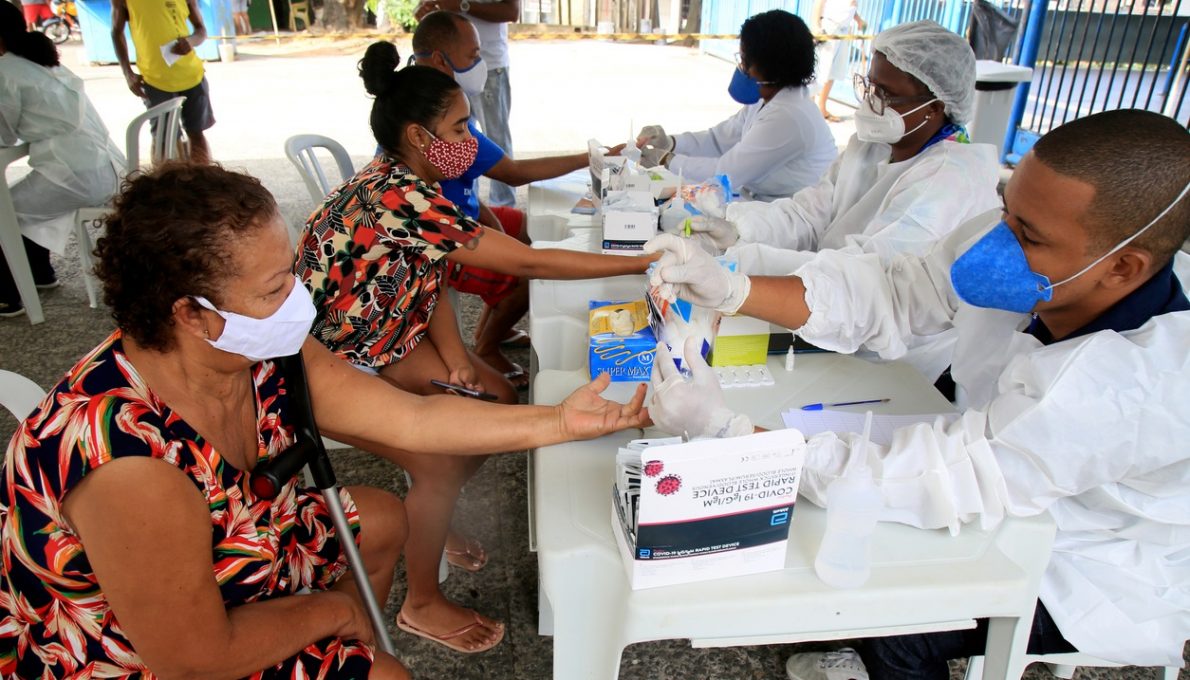Global CONVINCE’s Heidi J. Larson and Alexandre de Figueiredo published the findings of an exploratory study in Communications Medicine titled “Exploratory study of the global intent to accept COVID-19 vaccinations.” The full article can be downloaded here with the abstract background, methods, results, and conclusions below.
Background
As the world begins the rollout of multiple COVID-19 vaccines, pandemic exitstrategies hinge on widespread acceptance of these vaccines. In this study, we perform a large-scale global exploratory study to examine the levels of COVID-19 vaccine acceptance and explore sociodemographic determinants of acceptance.
Methods
Between October 31, 2020 and December 15, 2020, 26,759 individuals were surveyed across 32 countries via nationally representative survey designs. Bayesian methods are used to estimate COVID-19 vaccination acceptance and explore the sociodemographicdeterminants of uptake, as well as the link between self-reported health and faith in the government’s handling of the pandemic and acceptance.
Results
Here we show that intent to accept a COVID-19 vaccine is low in Lebanon, France, Croatia, and Serbia and there is population-level polarisation in acceptance in Poland and Pakistan. Averaged across all countries, being male, over 65, having a high level of education, and believing that the government is handling the pandemic well are associated with increased stated acceptance, but there are country-specific deviations. A belief that the government is handling the pandemic well in Brazil and the United States is associated with lower vaccination intent. In the United Kingdom, we find that approval of the first COVID-19 vaccine in December 2020 did not appear to have an impact on the UK’s vaccine acceptance, though as rollout has continued into 2021, the UK’s uptake exceeds stated intent in largescale surveys conducted before rollout.
Conclusions
Identifying factors that may modulate uptake of novel COVID-19 vaccines can inform effective immunisation programmes and policies. Differential stated intent to accept vaccines between socio-demographic groups may yield insights into the specific causes of low confidence and may suggest and inform targeted communication policies to boost confidence.
